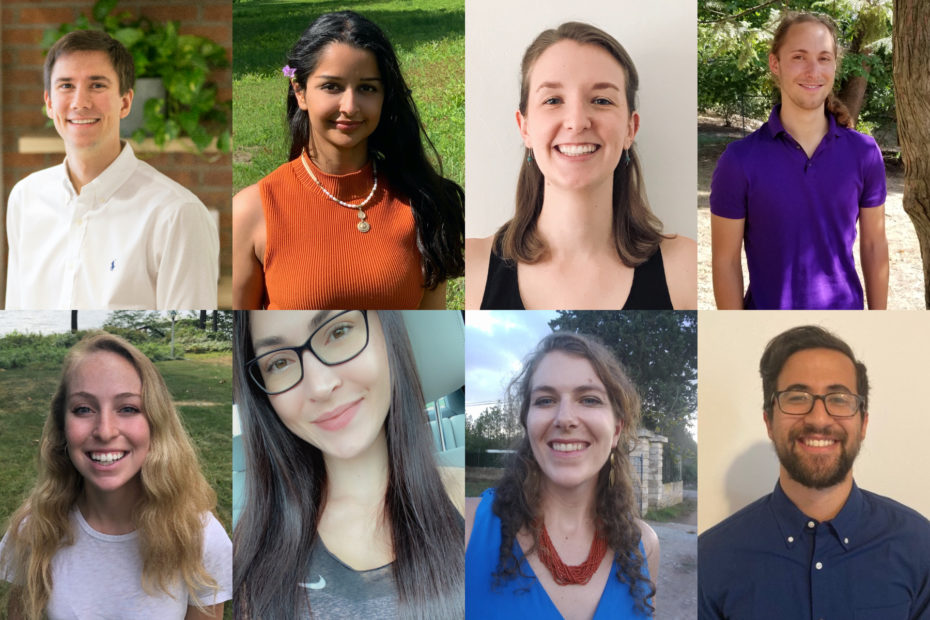Every fall, we publish profiles of incoming students in our one-year Master of Public Policy program. This year, we’re also featuring students from our M.A. and M.S. programs, who make up an entering class of record-breaking size. Below, learn about the backgrounds and goals of 11 new members of UEP enrolled in the core class Foundations of Policymaking. For more profiles of past and current students, click here.
Alex Hamby
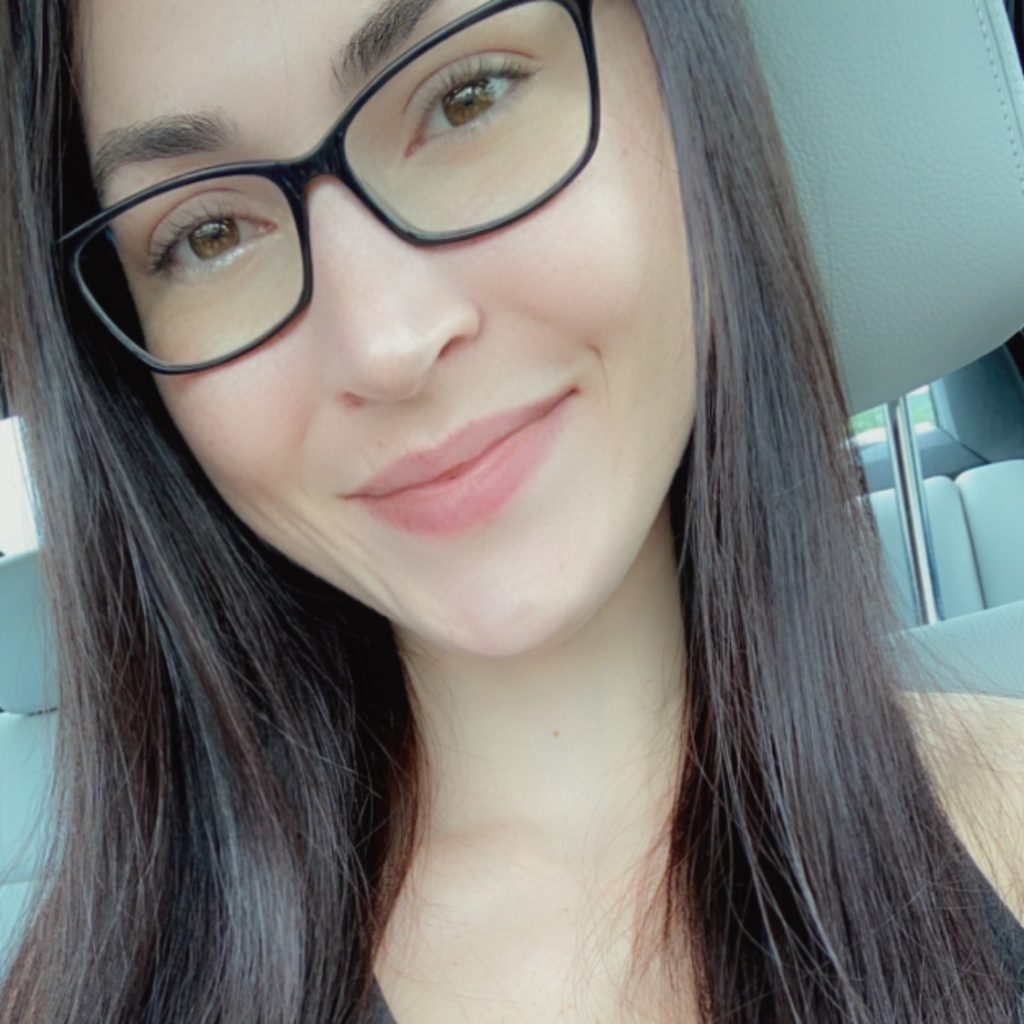
Pronouns: she/her/hers | Currently in: Medford, MA
What urban, environmental, and/or social problems are you most interested in addressing?
Food security, food access and food system sustainability
Name three changes you’d like to see that would help realize your vision for people, communities, cities, regions, and/or the planet:
- No more food “deserts”
- Price of produce reduced
- Minimum wage increased federally
What prior experiences (paid or unpaid) most inform your understanding of the problems and policy/planning solutions that interest you?
Growing up with friends who lived in food insecure households (seeing it firsthand). Planning solution: ensuring equal and widespread public transportation (ability to travel to grocery stores/markets), ensuring all cityscapes have access to grocery stores/markets. Policy: raising minimum wage, improved/more state and federal programs for people with low income and people living with food insecurity/limited access, appropriate taxation of large food manufacturers/distributors/retailers
Madeleine Kelly
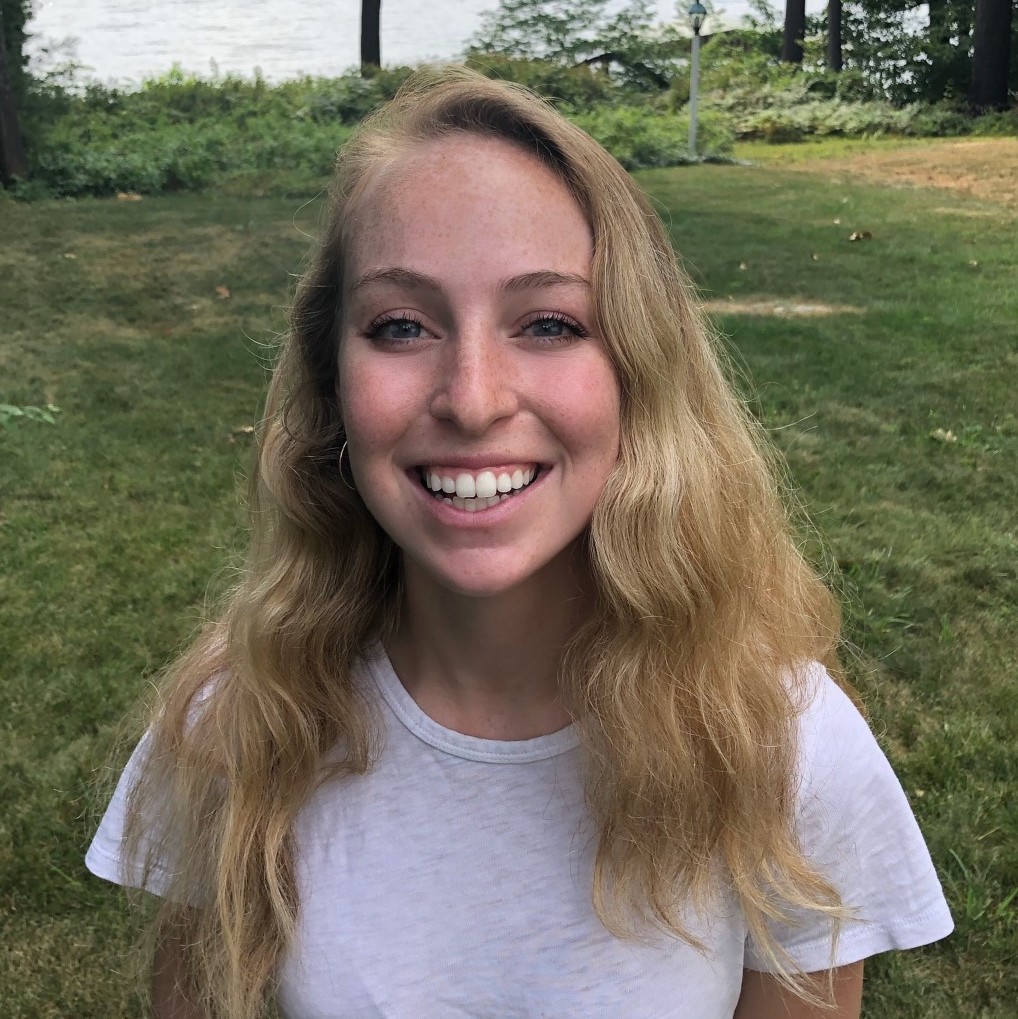
Pronouns: she/her/hers | Currently in: Somerville, MA
What urban, environmental, and/or social problems are you most interested in addressing?
Climate change, transportation, environmental racism/inequality
What prior experiences (paid or unpaid) most inform your understanding of the problems and policy/planning solutions that interest you?
I have worked at an environmental consulting firm for the past 2 years and am continuing to (part time). Although we do all types of environmental consulting, our specialty is hazardous waste management and we have multiple plants that do innovative, waste-reducing/repurposing technologies to help mitigate landfill and incineration. Working in this field has given me a background in a lot of the current environmental policies that exist state to state as well as federally. Before I had this job, I did environmental research/climate research in a few different regions of the world (Bahamas for 4 months, Australia for 6 months and the US for 2 years). This informs my understanding of policy issues and solutions.
Kelan Koncewicz
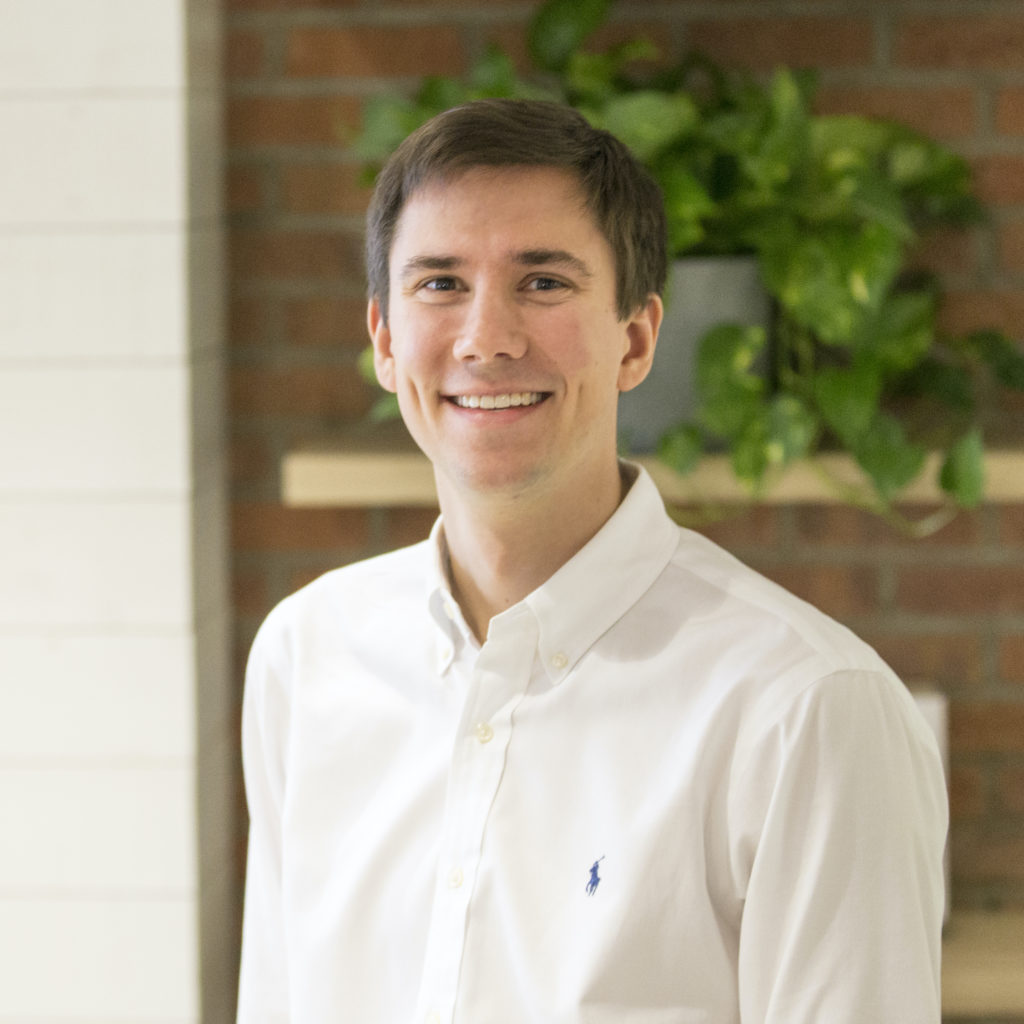
Pronouns: he/him/his | Currently in: Boston, MA
What urban, environmental, and/or social problems are you most interested in addressing?
Climate change (specifically through energy, transportation, and sustainability)
Name three changes you’d like to see that would help realize your vision for people, communities, cities, regions, and/or the planet:
- Acceptance of climate change being a threat to future generations and the need to act.
- Using science and data to back up points
- Engaging with communities that are affected by issues when making decision for such communities
What prior experiences (paid or unpaid) most inform your understanding of the problems and policy/planning solutions that interest you?
Working as an Teacher Naturalist at Mass Audubon and Environmental Scientist at VHB. Overall interest in protecting natural resources and the biodiversity of our planet.
Mike Mullaley
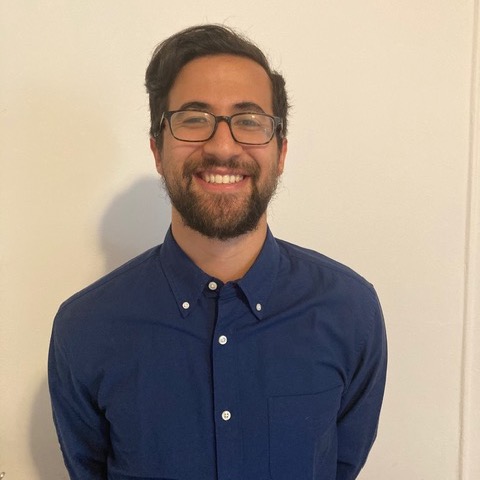
Pronouns: he/him/his | Currently in: Brooklyn, NY
What urban, environmental, and/or social problems are you most interested in addressing?
I am interested in addressing the disproportionate impacts of climate change on low-income communities and communities of color through resilience and mitigation planning. Examples of impacts include, but are not limited to, the siting of polluting industries (power plants, waste transfer stations, etc.) and lack of green space increases the urban heat island effect. These communities are adversely impacted by a changing climate because of historically inequitable and racist plans and policies, like redlining and disinvestment.
Name three changes you’d like to see that would help realize your vision for people, communities, cities, regions, and/or the planet:
- Anti-displacement policies are developed to make sure people are not displaced from their homes and neighborhoods by urban sustainability initiatives.
- Communities have more control and autonomy in the planning process to communicate and prioritize their needs.
- Cities and states created policies that demand shifts to renewable energy.
What prior experiences (paid or unpaid) most inform your understanding of the problems and policy/planning solutions that interest you?
I volunteered on environmental campaigns for four years in NYC that focused on shifting away from fossil fuels and advocated for a just transition to renewable energy projects that create local green jobs.
Lucy Perkins
Pronouns: she/her/hers | Currently in: South Portland, ME
What urban, environmental, and/or social problems are you most interested in addressing?
I am really interested in the point of intersection/nexus of these problems – how we as policy makers and planners can serve as change agents and code switchers between the visionaries and what is realistic. At this point, I do not have one problem that I am most drawn to solving. But rather, interested in the role of local government in conjunction with community organizations, initiatives, or businesses to develop and implement innovative and equitable solutions based on shared values. This may include access to transportation, open space, healthy food, affordable housing. I see the solutions to these problems as inextricably linked and co-developed.
Name three changes you’d like to see that would help realize your vision for people, communities, cities, regions, and/or the planet:
- Transformative systems change (both in process and solution)
- Representative solutions (of the entire community that is being served)
- Partnership (alignment around shared values and consensus building for sustainable change)
What prior experiences (paid or unpaid) most inform your understanding of the problems and policy/planning solutions that interest you?
I have worked as the Sustainability Program Coordinator for the City of South Portland for the past three years. During this time, I have implemented programs and policies that address buildings and energy use, waste reduction, and (less so) climate adaptation. Much of this work involves community outreach and education. Over the past 18 months we developed a joint climate action and adaptation plan with the City of Portland. This experience completely opened my eyes to the tools, mechanisms, and frameworks for transformative and equitable change. I hope to learn more through this experience around putting those visions into practice.
Joshua Petro
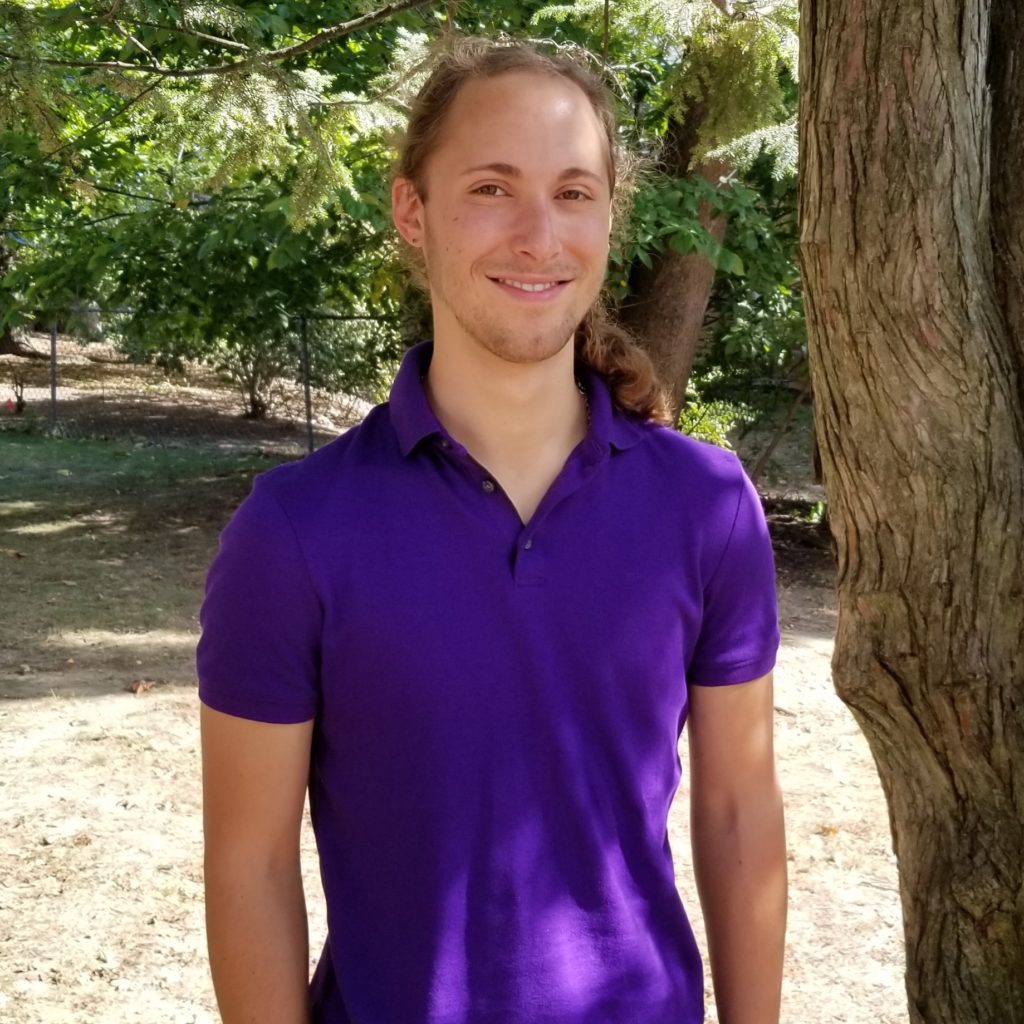
Pronouns: he/him/his | Currently in: Somerville, MA
What urban, environmental, and/or social problems are you most interested in addressing?
I’ve always had a passion for environmental sustainability, and over the course of my education and activism related to this goal, I’ve learned that there are certain typical prerequisites for such sustainability. A not nearly exhaustive list includes concepts such as personal and community empowerment; the realistic capacity to engage in lower-impact behaviors, requiring such resources as time, money, and infrastructure; as well as education about the system itself and each actor’s place within it. With this in mind, I would like to address anthropogenic climate change and ecosystem disruption but realize many other challenges must also be addressed.
Name three changes you’d like to see that would help realize your vision for people, communities, cities, regions, and/or the planet:
- Greater understanding, concern about, and action towards reducing negative anthropogenic impacts on the planet and all included life.
- Greater incorporation of other species’ presence and habitat needs within human spaces, i.e. a shift from anthropocentric spaces to shared-species spaces.
- Greater collaboration, unity, and kinship among people, regardless of any form of difference, i.e. a move from seeing difference as “other” to seeing it as a new perspective filled with potential value.
What prior experiences (paid or unpaid) most inform your understanding of the problems and policy/planning solutions that interest you?
Having had the opportunity to lead various groups composed primarily of undergraduate students as well as founding and leading a social sustainability initiative around the recognition of previously-unrecognized enslaved labor, modern community building, and cultural transformation have done much to inform my current understanding of those challenges which call to me.
Gabby Queenan
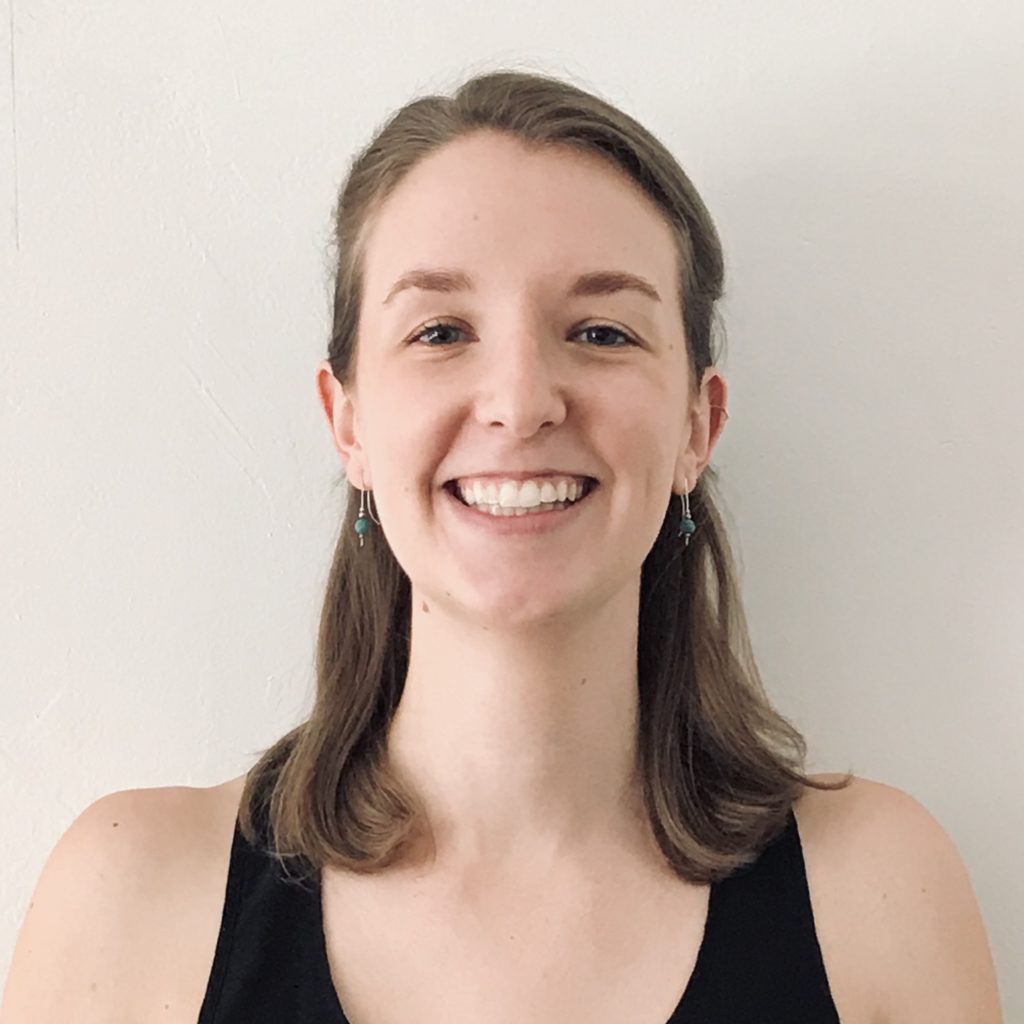
Pronouns: she/her/hers | Currently in: Bedford, MA
What urban, environmental, and/or social problems are you most interested in addressing?
I am most interested in addressing the need for better climate adaptation solutions in urban communities, specifically utilizing nature based solutions (i.e. green infrastructure). I am also interested in addressing the equity of access to green spaces, reshaping how we utilize green spaces to break down our white construct of “nature” as it is considered by mainstream culture today, and ultimately making policymaking and engagement in our local, state and federal political systems more accessible to the general public.
Name three changes you’d like to see that would help realize your vision for people, communities, cities, regions, and/or the planet:
- Real incentives provided from the local, state and federal government to guide communities in implementing nature based solutions as part of their climate adaptation strategies
- Re-thinking how we plan in urban communities for climate change (i.e. not jumping to gray infrastructure systems first because those are “easier” to implement)
- Transparent policymaking that makes public engagement easy for people of all socioeconomic and educational backgrounds (ideally also having civics as a core component of every K-12 education curriculum as well)
What prior experiences (paid or unpaid) most inform your understanding of the problems and policy/planning solutions that interest you?
Prior experiences that inform my understanding of the problems and the policy/planning solutions that interest me include: 4+ years as the Policy Director of an environmental advocacy non-profit in MA, one year as an Environmental Educator in ME working with a wide array of schools and students to engage in outdoor learning, an internship with a statewide advocacy environmental policy nonprofit in MA, an internship with an environmental permitting agency in MN and an internship with a legislative committee in MN.
Sara Singh
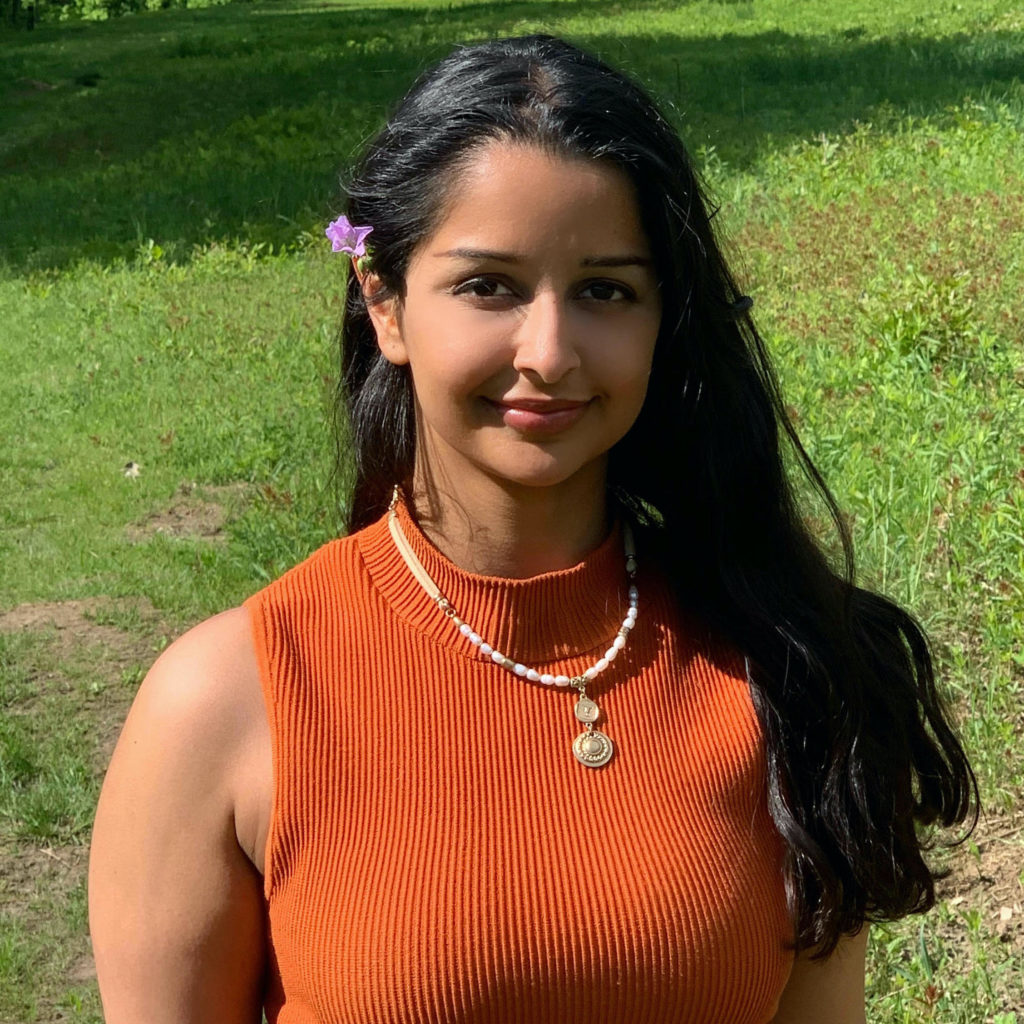
Pronouns: she/her/hers | Currently in: Medford, MA
What urban, environmental, and/or social problems are you most interested in addressing?
Deforestation; Loss of biodiversity; The recent setback for 100% Renewable Energy by 2045 in MA (the H 2836 bill failed)
Name three changes you’d like to see that would help realize your vision for people, communities, cities, regions, and/or the planet:
- 100% renewable energy by 2045 in MA
- increasing greenification/wilderness to the greatest extent possible in MA
- reforestation in the Amazon jungle
What prior experiences (paid or unpaid) most inform your understanding of the problems and policy/planning solutions that interest you?
Sunrise Movement Boston – I’ve been lobbying, planning actions, and giving speeches with this activist group for over a year as a volunteer co-lead of its Media and Action teams. In this capacity, I started a digital magazine to highlight activist projects and creative content. I have been attending EDGI’s workshops on tracking environmental enforcement and the EPA’s failures. I served as a campaign Fellow for Ed Markey for 4 months and learned a lot about his GND plan in the process.
Katherine (Kat) Shor
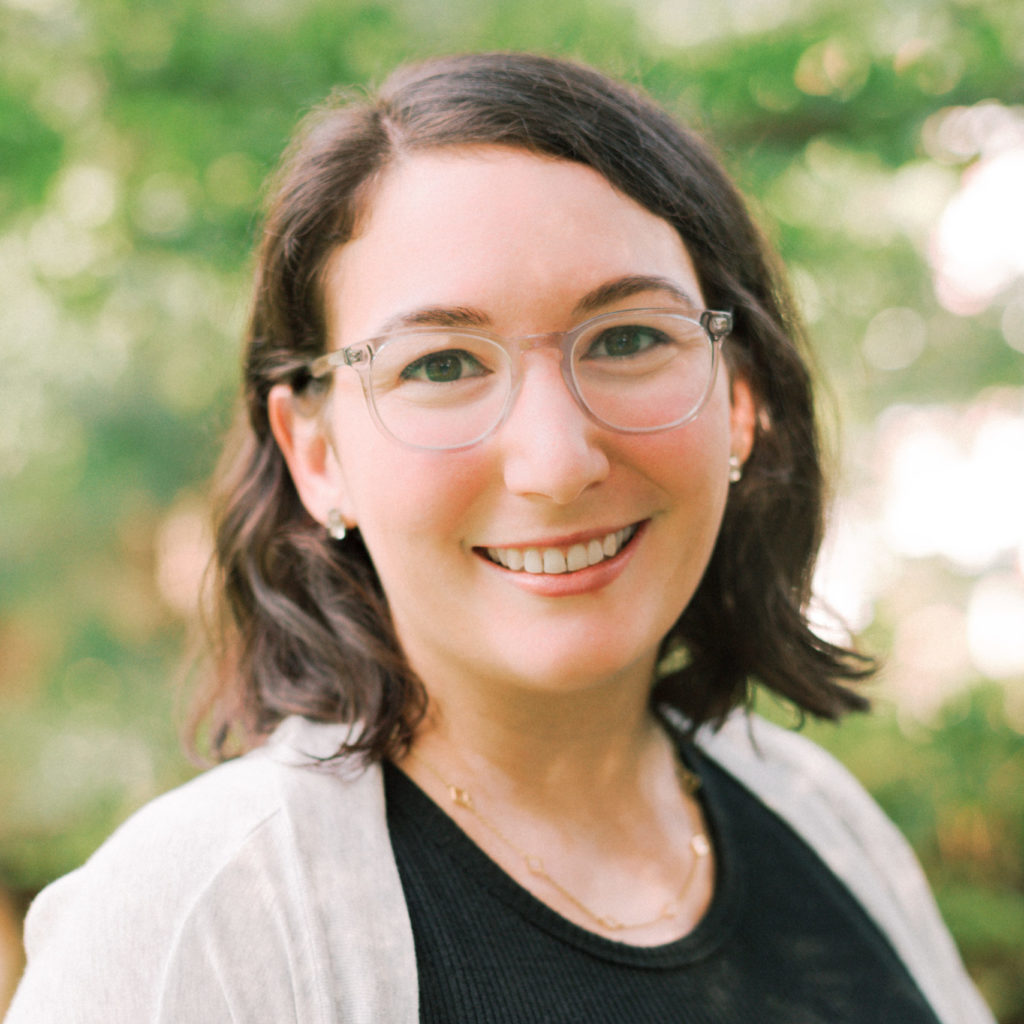
Pronouns: she/her/hers
Currently in: Chapel Hill, NC
What urban, environmental, and/or social problems are you most interested in addressing?
individualism, capitalism and white supremacy culture, extraction and exploitation
Name three changes you’d like to see that would help realize your vision for people, communities, cities, regions, and/or the planet:
- mutualism and cooperation
- reparations for Black people in America
- expansion of democratic processes
What prior experiences (paid or unpaid) most inform your understanding of the problems and policy/planning solutions that interest you?
community organizing in Durham, NC on labor issues surround the Trans-Pacific Partnership; abolition efforts in Durham, NC; environmental justice organizing with NC Environmental Justice Network; planning consultant for government clients; program assistant at community development financial institution.
Zhining Sun
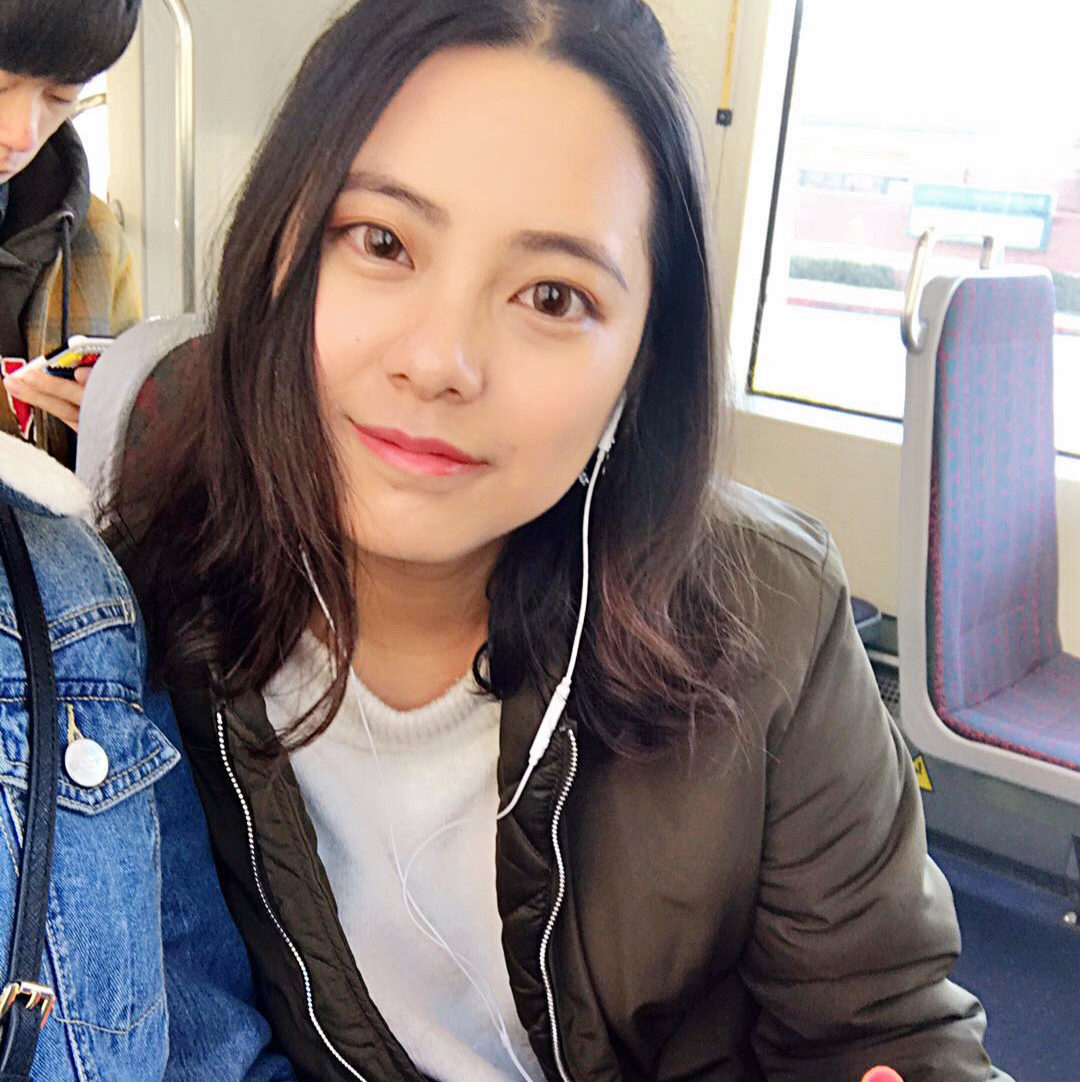
Pronouns: she/her/hers | Currently in: Medford, MA
What urban, environmental, and/or social problems are you most interested in addressing?
Water issues; Migration; Inequality
Name three changes you’d like to see that would help realize your vision for people, communities, cities, regions, and/or the planet:
- Equal access to the social resources
- Balance of economic development and environmental
- sustainability
- Less population under poverty line
What prior experiences (paid or unpaid) most inform your understanding of the problems and policy/planning solutions that interest you?
I have interest and research experience in the field of labor economics and environmental economics.
Lilly Worth
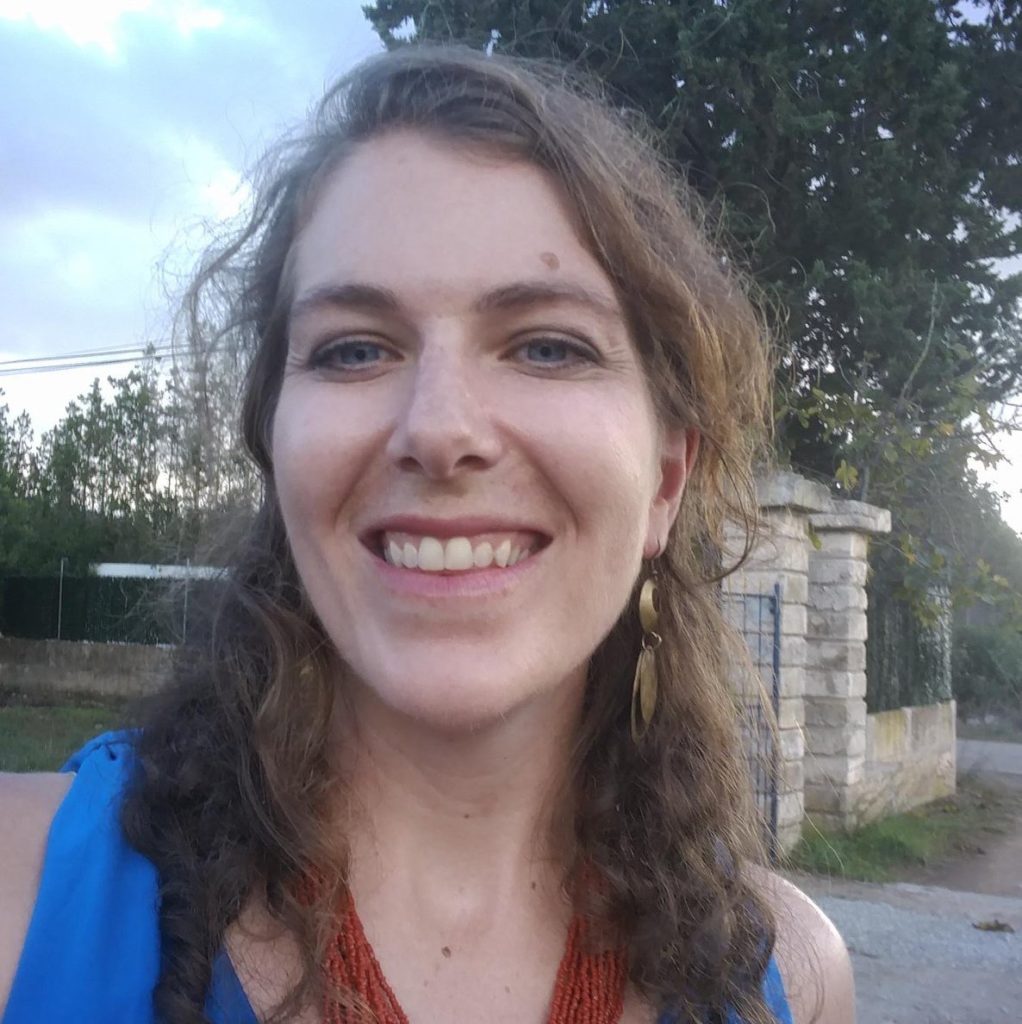
Pronouns: she/her/hers | Currently in: Somerville, MA
What urban, environmental, and/or social problems are you most interested in addressing?
I am most interested in working in transportation planning (specifically in bike & pedestrian planning) but I’m also interested in the intersections of zoning, land use, and housing. I also want to view these topics through many lenses – equity, climate change, & community among others!
Name three changes you’d like to see that would help realize your vision for people, communities, cities, regions, and/or the planet:
- Decommodify housing
- Invest in multi-modal, sustainable transit
- Rapidly and aggressively plan for climate change
What prior experiences (paid or unpaid) most inform your understanding of the problems and policy/planning solutions that interest you?
My experiences as a bike commuter helped me become aware of the transportation hierarchy, and my work with the City of Somerville Climate Ambassadors showed me the minutiae of factors involved when municipalities plan for climate resiliency.
